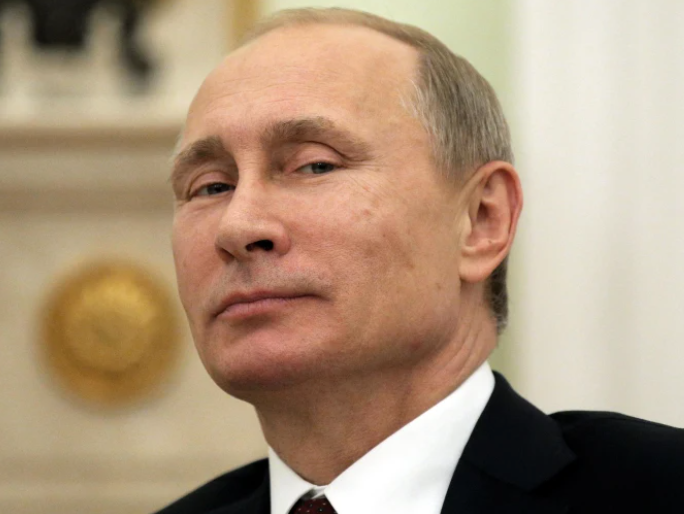$MOL $TALGO $RDS.A
#Hungary #Oil #EnergyPolitics #Russia #UkraineCrisis #GasSupplies #Sanctions #Spain #TrainManufacturing #Moscow #EU #EnergySecurity
Mol’s ties to Moscow and its business operations with Russian oil and gas have come under heavy scrutiny from the European Union following Spain’s decision to veto a Hungarian consortium’s bid for the Spanish train manufacturer, Talgo. MOL Group, the Hungarian energy giant, is heavily embedded within the European energy grid, but its connections to Russia have raised concerns among Western nations already deeply involved in sanctioning Russia over its invasion of Ukraine.
The decision to shut out Hungary’s consortium from acquiring Talgo comes as a response to what critics call “dubious affiliations” with Moscow. MOL, which has been central to oil and gas supply chains in Hungary and the surrounding region, has found itself exposed to the geopolitical complexities of the European-Russian economic relationship. The veto signals an increasingly determined stance by the EU and its member nations to close off avenues to companies with Russian ties, even if it risks further fracturing energy and industrial partnerships within Europe.
While Hungary, under Viktor Orbán, has steadily maintained closer and more amicable relations with Russia compared to its EU peers, this has put the nation at odds with the union’s broader push for energy independence from Russian influence. MOL itself straddles a complex line, balancing its substantial energy imports from Russia with its corporate interests across Europe, as the energy crisis sparked by the conflict in Ukraine shows no imminent resolution. The ramifications of Spain’s veto go beyond oil and gas; they extend to the domains of transport and infrastructure, raising concerns for future Hungarian-led investments in the EU.
Spain’s block against a Hungarian bid not only demonstrates solidarity with broader EU sanctions against Russia but also highlights the delicate and often incongruent network of alliances within the European bloc. As leaders debate over how to maintain both energy security and uphold international sanctions, companies like MOL find themselves in an increasingly precarious position, navigating the thin line between national interests and global norms.











Comments are closed.